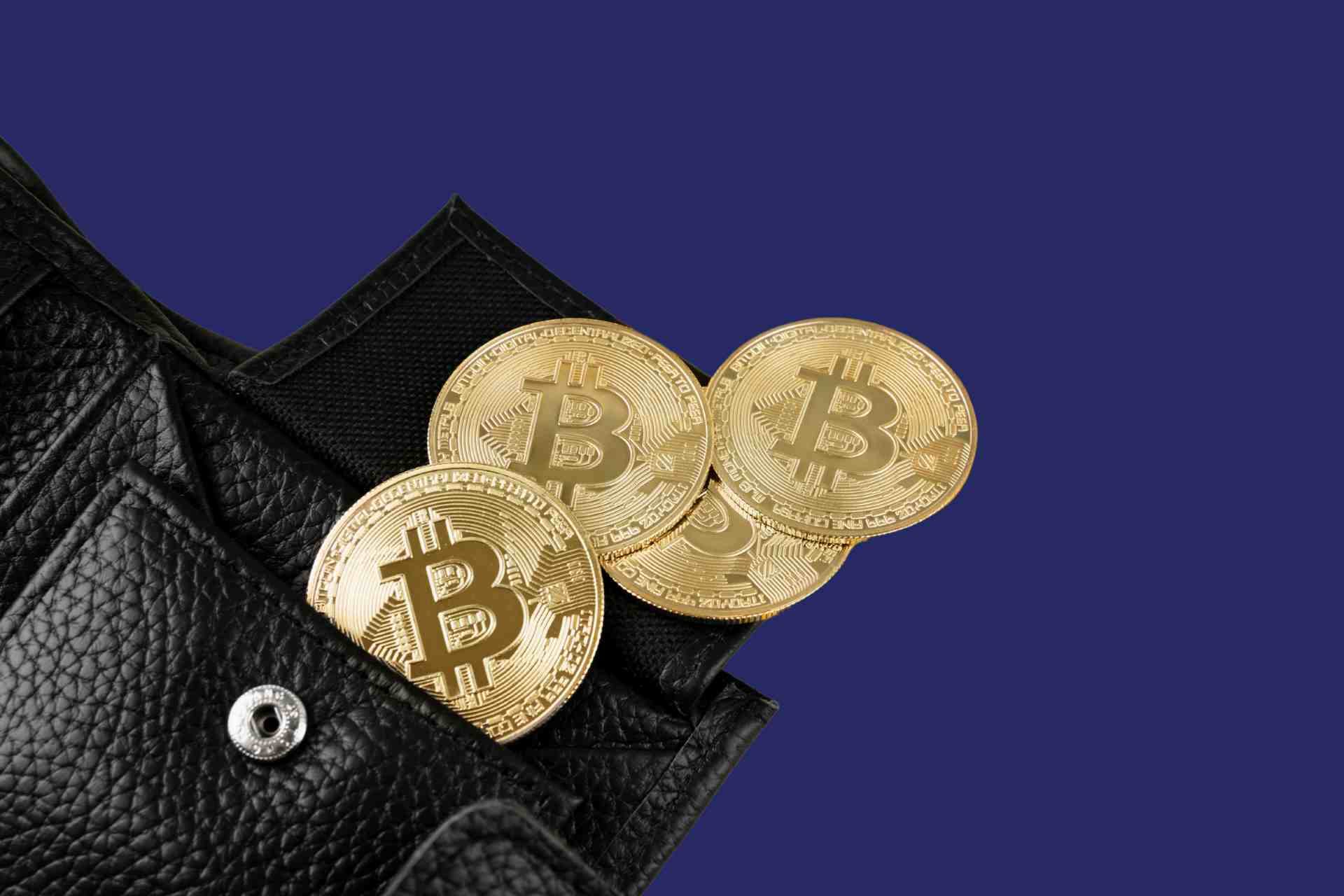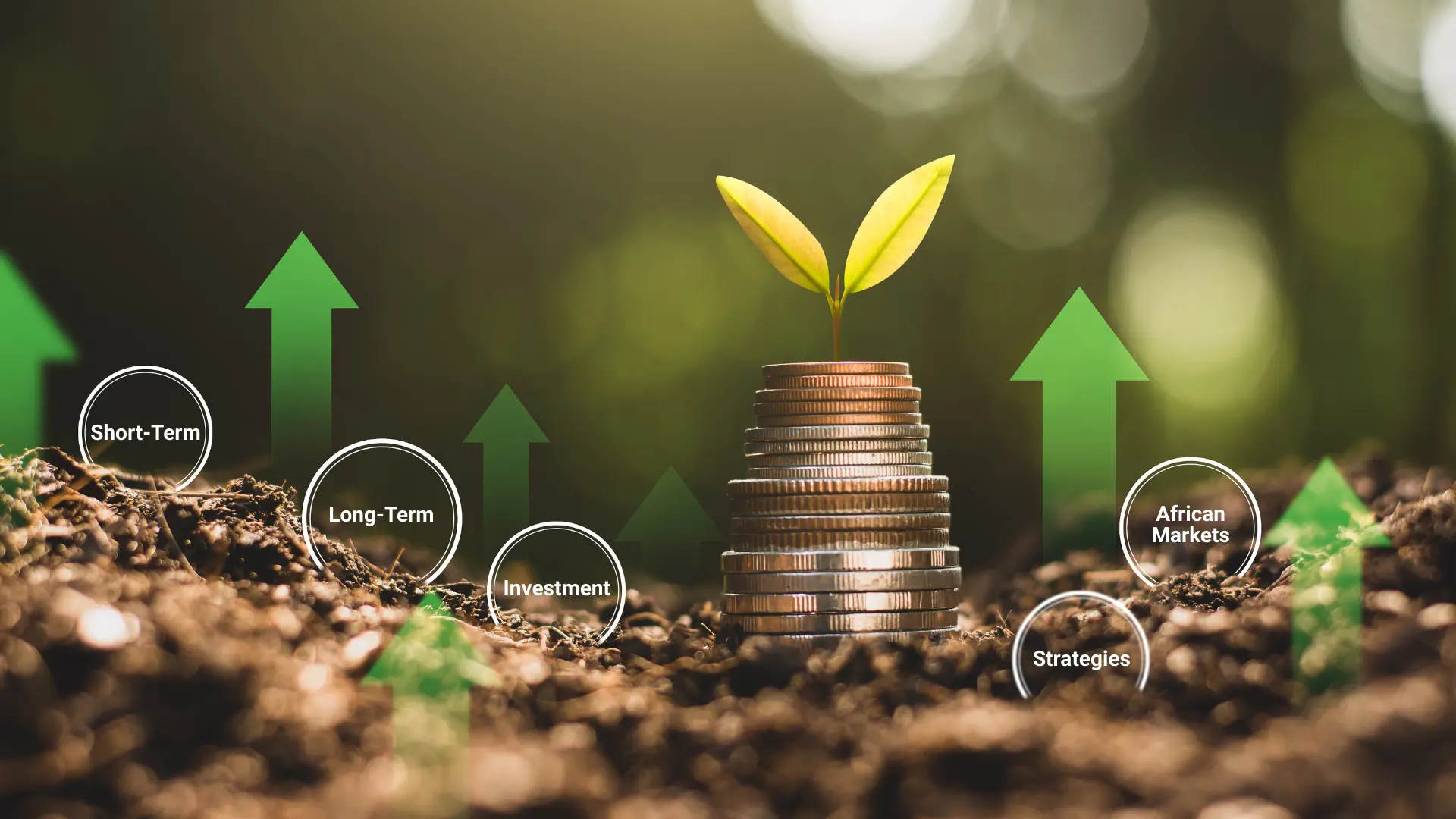
Let’s face it—cryptocurrency has gone from being a fringe obsession for techies to something you’d hear about at your local café. Whether you’re a small business owner in Nairobi or an investor eyeing new frontiers in Lagos, crypto is knocking at your door. And when it comes to managing businesses in this digital era, you will inevitably wonder: Is a business wallet a wiser choice or should I use crypto processing?
An added benefit: no one-size-fits-all solution exists. But don’t panic; by reaching the end of this article, you will have a far better understanding of what each one offers and which would be more appropriate for your objectives. Particularly if you want to take advantage of some of the present fascinating investment opportunities in Africa.
Think of crypto processing like a helpful middleman. These are third-party services that take care of the heavy lifting when it comes to handling cryptocurrency payments. We’re talking about accepting crypto from your customers, converting it into your local currency (so you’re not sitting there stressing over Bitcoin price swings), and even keeping you compliant with regulations.

Automated Transactions: Payments in crypto? Done. Converted to fiat? Also done. No hands-on hustle required.
Instant Fiat Conversion: Get your crypto turned into local currency—fast. Perfect if you’re worried about the market flipping overnight.
Regulation Help: No one likes reading legalese. Processors of cryptocurrencies help you make sure you’re not violating global banking regulations.
Quick & Easy Setup: You don’t need to be a blockchain expert to integrate it into your checkout.
Volatility Protection: Crypto markets are wild. Instant conversions mean you’re not riding that rollercoaster unless you want to.
Fees Add Up: Those third-party services? They’re not free. Expect some deductions from each transaction.
Less Control: You’re putting trust in someone else’s system. If they change terms or mess up, you’re at their mercy.
On the other side of the coin (pun very much intended), you’ve got business wallets. These are digital wallets built for companies that want to manage their own crypto assets directly. You store, send, and receive crypto without any middlemen involved.

You’re the Boss: No middleman. You hold the keys, you make the moves.
Multi-Currency Support: From Bitcoin to Ethereum and beyond, most wallets play nice with a wide variety of coins.
Tighter Security: Think multi-signature approvals and cold storage. If set up right, it can be Fort Knox-level secure.
No Third-Party Fees: That’s more money staying in your pocket.
Flexible & Customizable: You can fine-tune your wallet setup to match exactly what your business needs.
Steep Learning Curve: You (or your team) will need to understand the tech behind it. It’s not plug-and-play.
You’re On the Hook: Regulation-wise, no one’s holding your hand. You’ll need to stay compliant on your own.
| Feature | Crypto Processing | Business Wallet |
| Control | Mostly hands-off, third-party managed | Total control in your hands |
| Ease of Use | Super easy to get started | Can be tricky for crypto beginners |
| Costs | You pay for the service | No service fees, but more self-maintenance |
| Security | Depends on provider | High (if set up properly) |
| Compliance | Provider helps with legal stuff | You’re responsible for compliance |
Now, let’s talk about Africa—because things are changing fast here.
A growing number of people are beginning to show an interest in cryptocurrencies all across the world. Why is this being done? The limited availability of traditional banking services, the advent of mobile money, and the presence of a young and technologically knowledgeable population that is ready to dive headfirst into the future are the primary factors that are contributing to this situation.

Crypto is unlocking cross-border trade like never before. Businesses can now transact globally without going through expensive traditional banking routes. It’s fast, transparent, and, frankly, a game-changer.
Crypto isn’t just for buying coffee or NFTs. It’s helping fill massive gaps in Africa’s financial ecosystem. In places where banking is a privilege, crypto wallets and payments are providing real, tangible access to the global economy.
Startups are booming. Governments are cautiously warming up to blockchain. And innovation hubs—from Nairobi’s Silicon Savannah to Lagos’ fintech scene—are attracting serious global attention. If you’re looking to invest in Africa, supporting crypto infrastructure might just be one of the smartest bets you can make in the 2020s.
Let’s be real—it depends.
If you’re a small to mid-size business that wants to accept crypto payments quickly without diving too deep into the tech side of things? Crypto processing is probably your best friend.
But if you’re a bit more hands-on, have the right tech team (or mindset), and want full control over your crypto dealings—plus the potential for lower long-term costs—then a business wallet might be the way to go.
Either way, understanding these tools isn’t just a nice-to-have anymore. It’s becoming essential—especially if you want to stay ahead in Africa’s fast-growing digital economy.
Crypto isn’t a far-off concept anymore. It’s here. It’s real. And it’s reshaping how businesses think about money, payments, and even investment.
So whether you’re setting up shop in Ghana, expanding across borders from South Africa, or scouting for your next big investment opportunity in Africa, make sure you’ve got the right crypto setup to back you up.
Because when the future is digital… you don’t want to be left holding analog tools.
Disclaimer:
The information provided in this article is for general informational purposes only and does not constitute financial, legal, or investment advice. Readers are encouraged to conduct their own research and consult with qualified professionals before making any decisions related to cryptocurrency, digital wallets, or financial investments. The author and publisher disclaim any liability for actions taken based on this content.
1. What are the three types of crypto wallets?
Crypto wallets come in three core types: hot wallets, cold wallets, and custodial wallets.
Each has its place, depending on whether you’re prioritizing speed, security, or simplicity.
2. Can I set up a crypto wallet for my business?
Absolutely—and it’s not just possible, it’s strategic.
A business crypto wallet allows you to receive, hold, and manage digital assets just like a traditional bank account—but with more global reach, lower fees, and instant settlements. Whether you’re accepting crypto payments, paying vendors, or diversifying treasury holdings, a business wallet acts as your command center. Solutions like multi-sig wallets, custom access levels, and compliance-ready platforms make them tailor-fit for professional use. And yes, you can set one up in minutes—just ensure you choose a reputable provider with robust security protocols.
3. Is it better to keep crypto in a wallet or exchange?
The answer hinges on your intent: active trading or long-term storage?
So: Trade on exchanges. Store in wallets. Know your game.
4. How Do Crypto Processing and Business Wallets Differ?
Think of crypto processing as your checkout system, and a business wallet as your digital cash register.
Processing solutions are ideal for front-facing transactions, while wallets are best for treasury, payouts, and reserves. One is active and automated. The other is strategic and secure.
5. Can a Business Use Both Crypto Processing and a Business Wallet?
Yes—and in fact, the smartest businesses do.
Using both gives you the best of both worlds:
For example, a customer pays in Bitcoin → your processor converts some into fiat instantly → the remainder lands in your wallet for future use.
This hybrid model brings efficiency, security, and flexibility under one roof—and that’s exactly how modern crypto-native businesses scale.

Africa is increasingly catching serious attention from investors around the world. For many countries, growth prospects remain strong: improving economic fundamentals, demographic tailwinds, rising consumption and infrastructure gaps make for a compelling growth narrative. But, along with potential comes volatility: currency swings, shallow markets, uneven regulation. That volatility forces a choice, do you try to […]

If you’re exploring investment opportunities in Africa, bonds are usually one of the first stopovers. The continent’s growth story, shifting interest-rate cycles, and rising corporate issuances mean there’s real activity for anyone looking to invest in Africa. But here’s the thing: not all bonds play by the same rules. Government debt and corporate paper behave […]

Introduction Agribusiness and mining are two of Africa’s biggest economic engines. One feeds the continent and supports nearly half of its workforce. The other powers global supply chains with the minerals needed for batteries, electric vehicles, and renewable energy. The real question for investors is simple: which one will drive Africa’s next decade of growth, […]